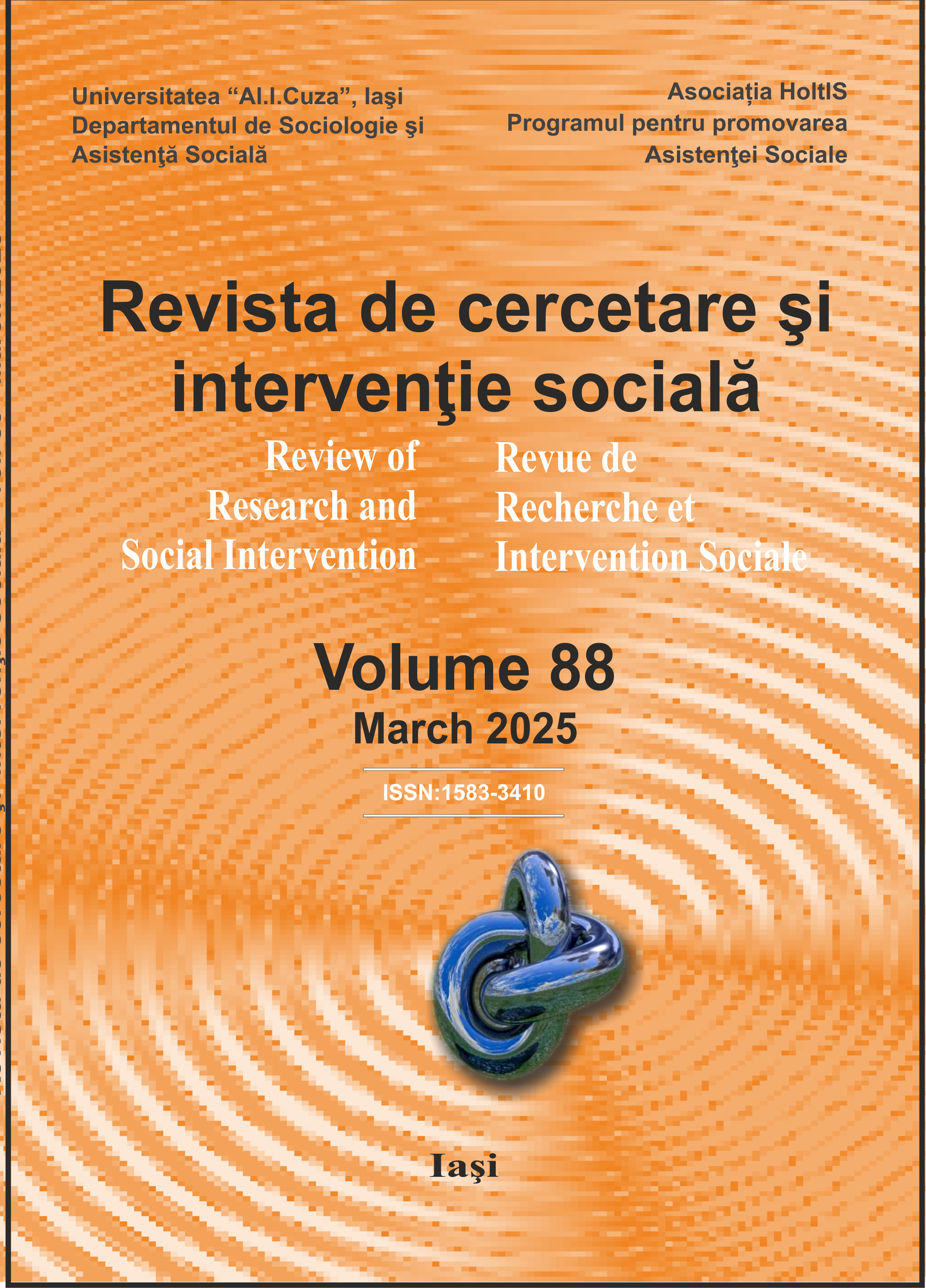Impact of Infertility on the Institution of Marriage in Modern Society
Impact of Infertility on the Institution of Marriage in Modern Society
Author(s): Farida ASHIRBAYEVA, Bayan SMAGAMBET, Almash TLESPAYEVASubject(s): Social Sciences, Sociology, Methodology and research technology, Applied Sociology, Health and medicine and law, Demography and human biology, Sociobiology, Welfare services
Published by: Expert Projects Publishing
Keywords: childlessness; family; conception; infertility; stigmatisation; reproductive difficulties; social problem;
Summary/Abstract: The research relevance is determined by the demographic issues and psychological studies that have recently attracted the attention of specialists and the public, which highlight various problems of families with reproductive health disorders, and the reaction of society to infertility is one of the problems bothering people diagnosed with infertility. However, the issue of the psychological and reproductive characteristics of such families requires further study and elaboration. The research aims to study the impact of infertility problems in marriages of urban and rural women in Kazakhstan and the reaction of society to infertile couples. The study examines the main factors of impact on reproductive health, the causes of female and male infertility, and society’s assessment of childless couples. The experimental research was conducted in the central part of Kazakhstan: in the clinic of reproductive medicine and women’s consultation of a rural hospital. A total of 198 women from among the patients diagnosed with infertility were interviewed. The research showed that due to childlessness, women face stigmatisation in society: 21% of urban women and 78% of rural women. According to the medical anamneses studied, 154 infertile women were registered with the diagnosis of primary infertility. According to examination data, 44 women were found to have congenital or hereditary infertility. Almost all the women interviewed are satisfied with their family life. The method of comparative, systemic, logical, and content analysis, as well as the method of synthesis and analogy, were used in the study of this topic. The practical value of this article lies in the fact that the main provisions and obtained conclusions of the analysed material can be used in conducting classes in sociology, and psychology, used by students specialising in the field of infertility, conception, and reproductive health.
Journal: Revista de Cercetare şi Intervenţie Socială
- Issue Year: 2025
- Issue No: 88
- Page Range: 169-186
- Page Count: 18
- Language: English

